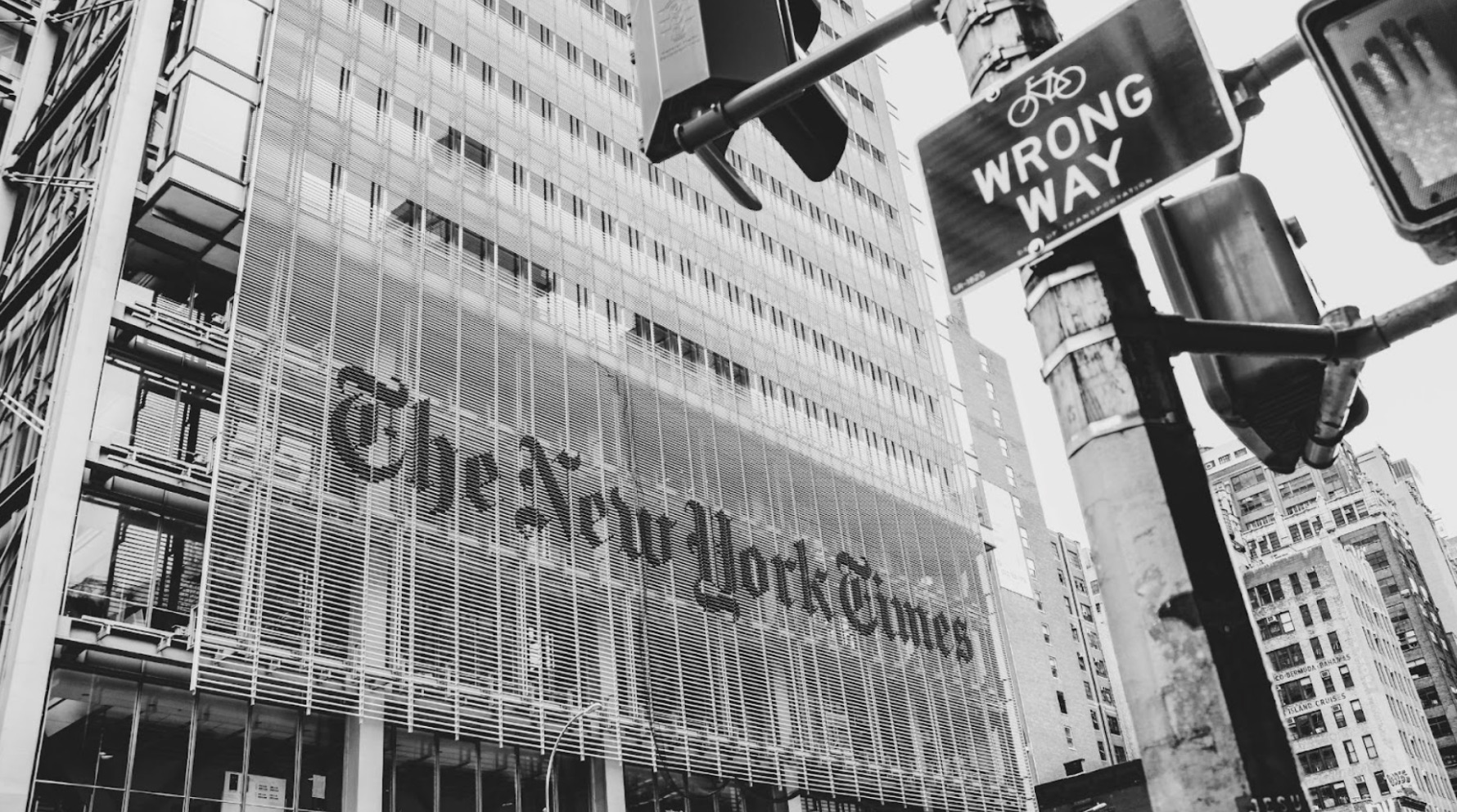After working 30 years at a company, you’re probably ready to retire. Luckily for you, you’re attached to a pension plan that will allow you to retire with grace. There’s no way your agreed-upon pension plan could change, right? Unfortunately, this may not be the case.
Recently, a growing trend of pension de-risking has resulted in many financial experts sounding the alarm. These experts warn that if worse comes to worst, retirees could be stuck without the pension they worked so hard to get.
Companies Move Away from Standard Pensions

For years now, companies around the United States have started to move away from offering standard pension plans to their employees. This has occurred for a variety of reasons. The rise of 401(k) plans is just one massive factor.
As a result, finding a company that offers a traditional pension plan for your retirement can feel incredibly difficult in this day and age.
What Is a Pension Risk Transfer?

Companies are steering clear of offering traditional pensions to their employees — and they’re also selling off the pensions they do have for older retirees. A pension risk transfer is when big companies sell all, or parts, of their pension obligations to insurance companies.
These insurance companies are then required to pay these retired workers the same amount that the employer agreed to pay them.
The Risks of Pension Transfers

Financial experts have revealed that there are quite a lot of risks attached to having your pension sold to an insurance company. Many retirees aren’t even aware of these risks to begin with.
For example, though an insurance company that buys your pension is required to pay you, there are no actual safeguards in place. The Pension Benefit Guaranty Corporation (PBGC), the bureau that steps in if an employer cannot pay your pension, cannot step in and help if an insurance company does not pay.
What If Insurers Cannot Pay?

Of course, this leads to the worry that the insurance companies in charge of your pension will not be able to pay you. This is a very understandable concern for many.
“What happens if the insurance company gets into trouble?” Norman Stein, a Drexel University law professor and Pension Rights Center policy advisor, said. “What happens if you find out that your benefit was miscalculated and you’re entitled to more than the company sold your pension for?”
Why Are Companies Selling Their Pensions?

There are many reasons why large corporations have increasingly started selling off their employee pensions. For the most part, companies want to get these plans off of their books.
It’s cheaper in the long run for these corporations to get rid of their pensions. This is also one of the reasons why fewer companies offer pension plans to begin with — and why they push 401(k) plans more than traditional pension plans.
A Rise in Pension Risk Transfer Deals

Stats have shown that pension risk transfer deals have risen in recent years. There’s no sign that this growing market trend will slow down any time soon.
In the second quarter of 2023 alone, pension risk transfer sales jumped by 31%, with total sales hitting $16.2 billion, according to LIMRA Secure Retirement Institute.
Big Companies That Have Sold Their Pension Obligations

Many large corporations in the United States have jumped on this growing trend and transferred their employee pension obligations.
Companies such as Lockheed Martin, the New York Times, Ford, Verizon, General Motors, JC Penney, and Federal Express are just a few examples of the huge corporations that have benefitted from this new financial move.
Other Options for Companies

If they can, many corporations will work to try to offload their pension obligations. This is because offering pensions to retirees is an incredibly costly enterprise for employers.
While many companies can transfer their pension obligations, others may choose to offer workers a lump sum payment. If agreed to, retirees will receive a lump sum payout instead of a standard pension.
Lack of Government Regulation

The lack of government regulation over insurance companies is one of the main reasons why financial experts are saying these pension transfers are harmful to retirees. Insurance contracts are basically free from regulations, as they are only regulated by different state jurisdictions.
PBGC protections cannot help retirees who have their pensions bought by insurance companies. The Employee Retirement Income Security Act of 1974 (ERISA), which works to protect retirees, also does not apply once a pension is de-risked.
One Safeguard in Place

If the worst scenario happens, and an insurer in charge of a person’s pension goes under, there is one safeguard in place. The retiree will still have to be paid. However, in most states, this payout does not exceed $300,000.
Unfortunately, this is not ideal for many retired employees. For example, if you receive an annual pension of $30,000, you will be out of a pension within 10 years. Once you hit this $300,000 threshold, you will not receive any more money.
Retirees Bear More Risk Than Companies

Many companies and employers are looking to offload the risk that comes with paying pension plans to their employees who worked for them for decades. However, in doing so, they put more risk on the shoulders of retirees.
Now that insurers have these pension obligations — and now that these insurers don’t have a lot of regulations or laws in place to hold them accountable — the risk retirees face will only increase as more corporations look to benefit from pension de-risking.
